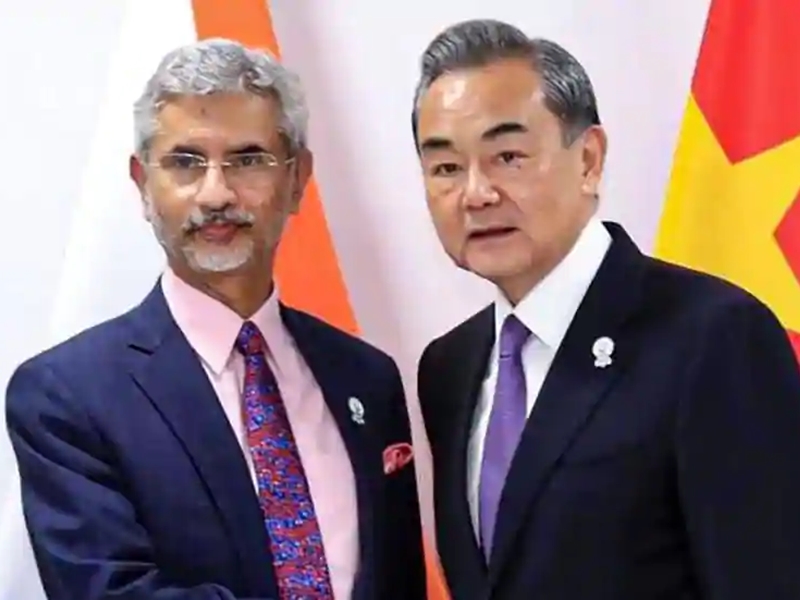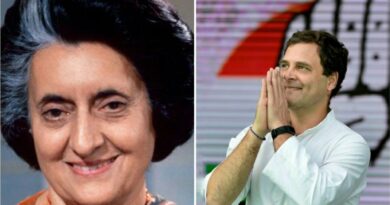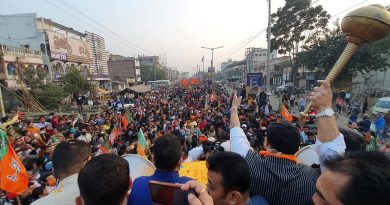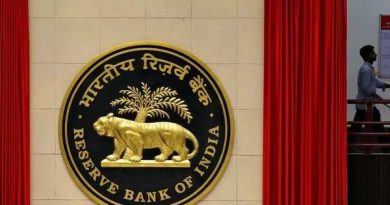India And China Foreign Ministers’ Agreed On A Five-Point Formula
India and China Foreign Ministers’ meeting agreed on a five-point formula to end military tension. The joint shared statement issued by the two countries on Friday morning following talks between Foreign Minister S Jaishankar and Chinese Foreign Minister Wang Yi in Moscow for two and a half hours on Thursday night. It cannot be clearly assumed that the ongoing military tension in eastern Ladakh is going to end soon.
China did not make any promise regarding the withdrawal of troops
However, to end the military tension between the two ministers, a five-point formula has been agreed, whose bottom line is that the dialogue tour will continue at every level. However, at the ground level where the soldiers of the two countries are stationed at a few hundred meters of each other, there is no point of conveying directly.
There is no firm promise from China that it will ask its troops to return to the pre-May 2020 position. It should also not be forgotten that the five-point agenda which has been issued, such a form has been issued several times in the last two years.
Joint declaration issued by both countries
The first formula in the Joint Declaration is that the existing tensions will also be resolved according to the agreement reached between the top leaders of the two countries in the past and the promise of not turning mutual differences into a big controversy.
The second formula is that the tension in East Ladakh is not in accordance with the mutual interest of the two countries. In such a situation, the dialogue between the armies of the two countries should continue, so that the tension can be removed and the troops can return.
The third formula is to follow the existing agreements to resolve the China-India border dispute. The two countries will not take any step which will disturb the border dispute. Fourth, resolving the border dispute attempts to normalize diplomatic relations at many levels
Sources in the Ministry of External Affairs told ANN that External Affairs Minister Jaishankar gave a detailed overview of the relationship between the two countries to the Chinese side and explained how they tried to normalize diplomatic relations on several levels after 1976. Because of that, bilateral relations have improved a lot.
Despite sporadic incidents, peace and tranquility have been established on the border. It has been successful in advancing relationships in all other sectors. India believes that the border dispute between the two countries should be resolved and it may take time, but this cannot be done on the condition of disrupting the peace on the border.
Special representative level talks will be continued for. It is worth mentioning that this conversation takes place under the leadership of NSA Ajit Doval and Foreign Minister Wang Yi. The fifth formula is that as soon as the tension subsides, both countries will take some more concrete steps to restore confidence so that peace and tranquility can be restored.
Recent events shock the bilateral relationship
He also stated clearly that what has happened in the Ladakh sector recently has caused a shock to the bilateral relationship. In such a situation, it is in the interest of both countries that a common solution to this problem can be found. Jaishankar also raised the issue of large-scale mobilization on behalf of China over LAC, which is a violation of the 1993 and 1996 agreements between the two countries.
The Chinese side could not give any concrete reason for this military gathering. On the other hand Jaishankar said that the Indian military side is fully following the agreement between the two countries and has no intention of changing the status quo. In such a situation, it is very important to find an immediate solution to the current crisis and return the soldiers to their previous positions.
In the entire conversation, on the one hand, while India talked about keeping peace on the border in the axis of bilateral relations, China believes that bilateral relations can be kept apart from military tension. It is clear that in recent times, Wang Yi was referring to the decision that India has taken regarding Chinese companies and has taken many tough decisions regarding economic relations with China.




